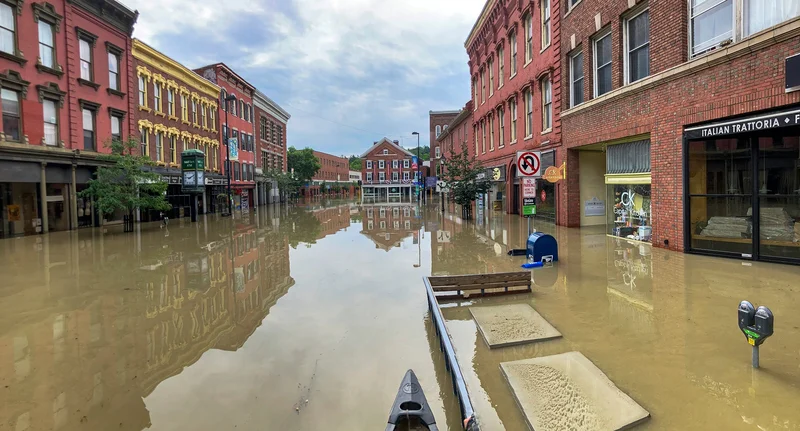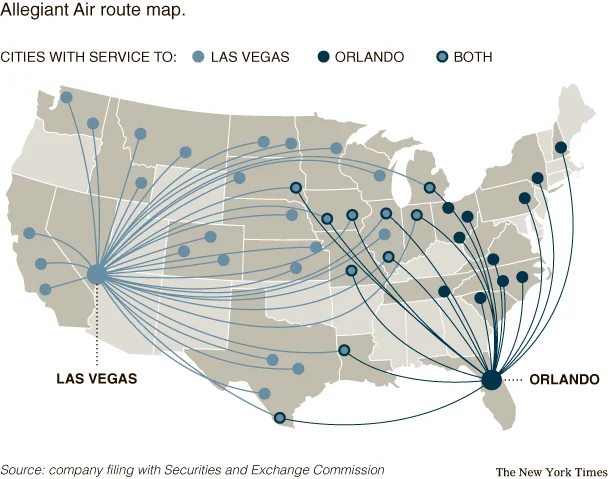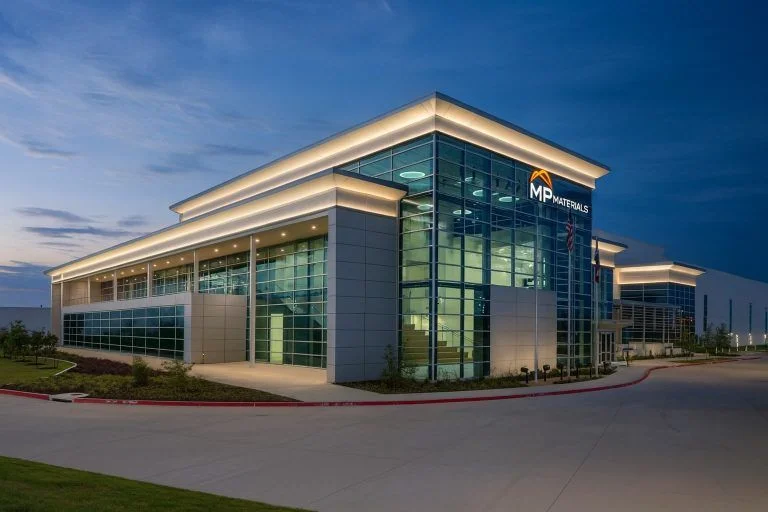Flood Damage Restoration: What You Need to Know and Where to Find It
Portland's Water Woes: A Rising Tide for Restoration Services?
Portland's Infrastructure Under Pressure
Portland, Oregon, is facing a surge in water damage incidents, and late August saw a particularly disruptive water main break on Southwest Multnomah Boulevard. Sixty homes without water and localized flooding aren't just a blip; they're a symptom. The city's aging water infrastructure is showing its cracks, and that spells opportunity – and potential headaches – for water damage restoration services. We're not just talking about burst pipes; legal battles over levee systems hint at larger-scale vulnerabilities lurking in the Pacific Northwest. Environmental groups are already in court trying to prevent damage to flood control infrastructure. This isn't just about fixing a leak; it's about a system under sustained pressure.
Phoenix and Chandler, Arizona, might seem worlds away, but Gateway Restoration's emphasis on IICRC certification is a relevant signal. (That's the Institute of Inspection, Cleaning and Restoration Certification, for those not fluent in restoration acronyms.) They're touting rapid response times – under 60 minutes in the Phoenix area – and that's the kind of efficiency that wins contracts when basements are filling up. Cougar Restoration Inc.'s recent moves to boost their emergency response capabilities suggest they see the same trend: speed and expertise are becoming key differentiators in this market. Are Portland firms keeping pace? I haven’t seen the data to confirm, but it's a question they should be asking themselves.
The Business of Disaster: Modern Methods and Market Signals
Modern water damage restoration isn't your grandpa's mop-and-bucket operation. We're talking thermal imaging, industrial-grade dehumidifiers, and antimicrobial treatments. Digital moisture mapping and real-time monitoring systems are becoming standard. All this tech comes at a cost, but it also allows for more precise assessments and documentation. Improper handling of water damage can lead to structural deterioration, mold, and poor air quality – and lawsuits.

Here's what I find interesting: Gateway Restoration boasts an A+ rating with the Better Business Bureau and over 120 five-star reviews. That's a strong signal. (Though, let's be honest, online reviews should always be taken with a grain of salt.) Still, a solid reputation is crucial in an industry built on trust, especially when people are dealing with a flooded home. The evolution of training and certification standards, driven by technological advances, means that companies investing in skilled technicians are likely to gain a competitive edge.
But what about the environmental impact? All those chemicals and disposal of damaged materials add up. Are restoration companies adequately addressing sustainability? And who is paying for all this? Insurance companies, municipalities, or individual homeowners? The long-term financial burden of these increasing water damage incidents needs closer scrutiny.
The Coming Deluge of Opportunity
The data points to a clear trend: aging infrastructure, increased water damage, and a growing demand for sophisticated restoration services. The firms that can combine rapid response with cutting-edge technology and a commitment to ethical practices are poised to thrive. But let's not forget the underlying problem: Portland's water infrastructure needs serious investment. Until that happens, the restoration business will continue to boom, one broken pipe at a time.
Reputation is Everything (Until the Next Flood)
Previous Post:$2000 IRS Direct Deposit: What's Happening and What We Know
No newer articles...
Related Articles
US Government Backs Trilogy Metals (TMQ): Why It's Soaring and What It Signals for America's Future
I just read a press release that, on the surface, is about a mining company in Alaska. And I can’t s...
Federal Solar Incentives Are Ending: A Data-Driven Breakdown of the Financial Impact
Oregon Governor Tina Kotek is in a race against the clock. With an executive order, she has directed...
The Surprising Tech of Orvis: Why Their Fly Rods, Jackets, and Dog Beds Endure
When I first saw the headlines about Orvis closing 31 of its stores, I didn't feel a pang of nostalg...
Allegiant Airlines Passenger Growth: What the 12.6% Surge Actually Means
More Passengers, Less Full Planes: Deconstructing Allegiant's Growth Paradox At first glance, news t...
Gabe Newell's Gaming Superyacht: Net Worth, Steam Machine Dreams, and Fan Reactions
Gabe Newell's $500M Superyacht: Proof That Billionaires Live on a Different Planet Is This Real Life...
MP Materials Stock Analysis: The Data Behind the 'Hold' Rating
The stock chart for MP Materials (MP) over the last 90 days looks less like a valuation curve and mo...





